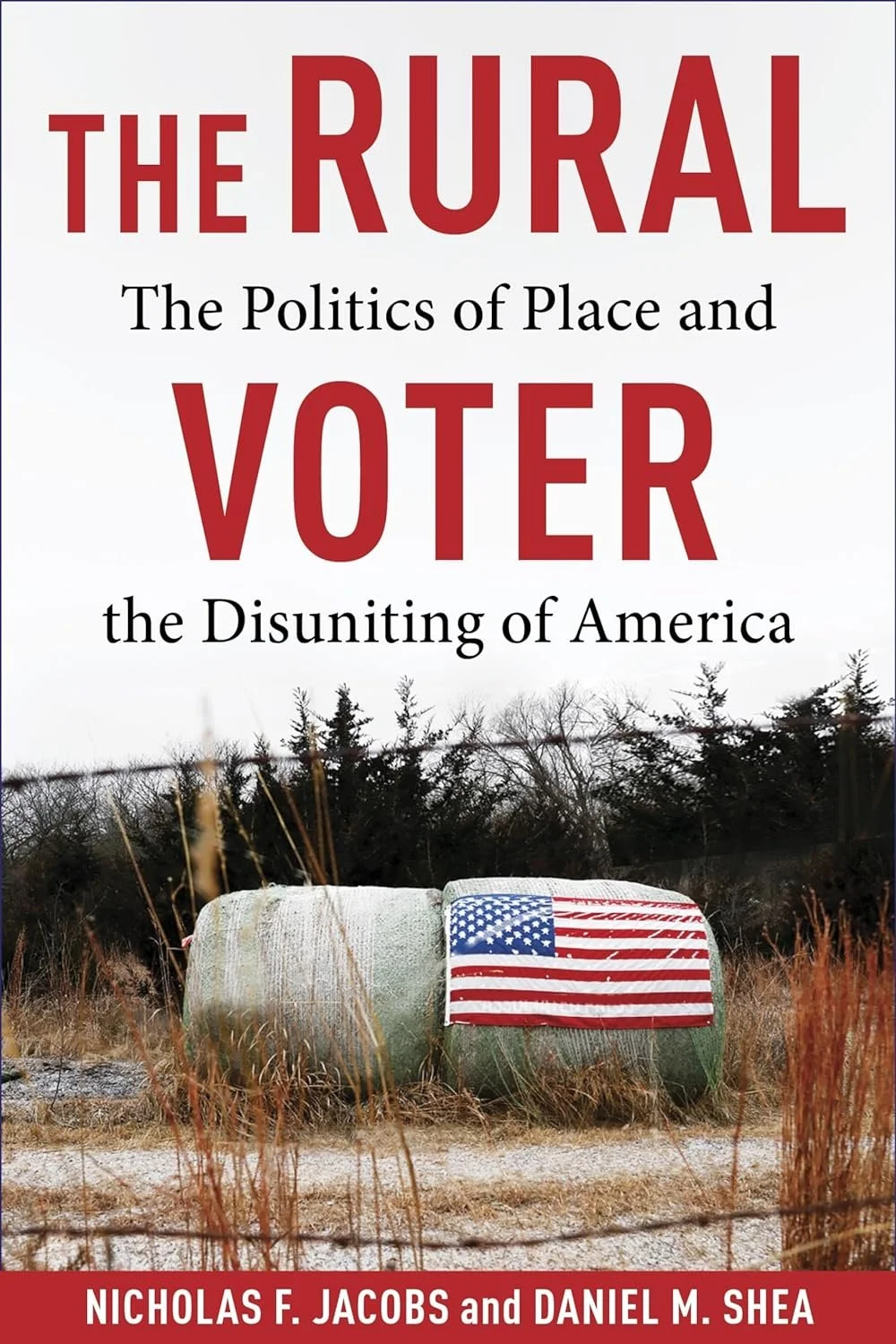Colby (College) government professors Nicholas F. Jacobs and Daniel M. Shea have authored a timely nonpartisan book that attempts to explain—with reams of fresh data—the widening gulf between rural and urban communities.
The Rural Voter: The Politics of Place and the Disuniting of America, published by Columbia University Press, identifies the causes of the gulf and creates context around the rising power and influence of rural voters on all levels of government across the United States. Based on research they have conducted with assistance from two dozen Colby students over the past four years, the book combines historical perspectives with the largest survey of rural voters ever conducted.
Rural voters are a vital bloc, comprising approximately 20 percent of the overall electorate. Democratic politicians used to reliably count rural voters as part of their base, but the Republican Party has dominated rural America for several election cycles, shifting long-held trends and changing the course of U.S. politics. As the authors write in the early pages of the book, “the change is unprecedented in American history.”
The question is, why?
